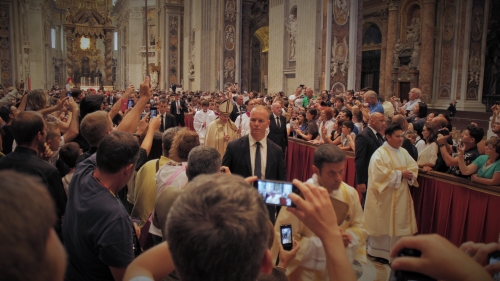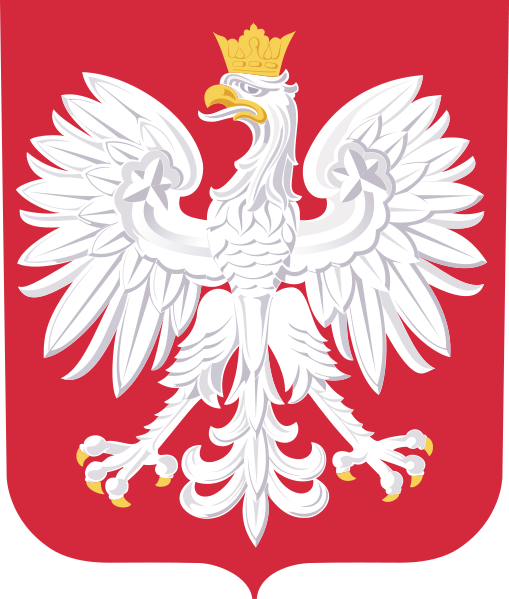The main issues in this project concern the way in which papal authority is constructed in the digital environment, the way in which media users consume this construct, as well as the extent to which Francis’ ministry corresponds with the theological vision of exercising his office. One recent study noticed that the activities of Pope Francis are the cornerstone of antagonisms between traditional and progressive Catholics. Both groups use the network. However, it turns out that this observation is only the beginning of the fundamental axis of the dispute over papal authority. On the one hand, we are dealing with those who perceive the Catholic Church and its guide in the categories of a guardian of the objective law of God, which remains valid regardless of the applied context. On the other hand, we have Francis and his followers deeply imbued in an existential mentality, according to which human life is always the result of our immersion in the world. Consequently, society and its media conditions have become a source of Francis’ theology, taking precedence over the Church’s Tradition.
One recent study noticed that the activities of Pope Francis are the cornerstone of antagonisms between traditional and progressive Catholics. Both groups use the network. However, it turns out that this observation is only the beginning of the fundamental axis of the dispute over papal authority. On the one hand, we are dealing with those who perceive the Catholic Church and its guide in the categories of a guardian of the objective law of God, which remains valid regardless of the applied context. On the other hand, we have Francis and his followers deeply imbued in an existential mentality, according to which human life is always the result of our immersion in the world. Consequently, society and its media conditions have become a source of Francis’ theology, taking precedence over the Church’s Tradition.
In this project, we undertake to investigate this dispute axis from the perspective of communication and media studies and theology.
Translating these findings into the current draft, we argue that it is the progress of the deep mediatization of the pope’s authority that significantly conditions the tensions between tradition-based Catholicism and Catholicism immersed in existential thinking. Representatives of both sides use media in the digital environment to construct and consolidate the religious identity of their communities. During this process, they negotiate papal authority. Pope Francis himself treats the digital media space as a source of his theology – the so-called “locus theologicus.” The finally described process leads to the determination of two separate visions of papal authority, which in radically different ways correspond to the theological assumptions of the current bishop of Rome.
We present our basic research assumption using the following three specific hypotheses:
- HS1: The mediatization of Pope Francis’ authority is conducive to the expansion of the counter-public sphere concerning his person.
- HS2: Mediatization of Pope Francis’ authority is a key factor in shaping the religious identity of network users.
- HS3: The mediatization of the pope’s authority corresponds to a large extent with his theological assumptions, under which digital media take on the position of a source of theology (“locus theologicus.)”
In the course of verifying these accepted hypotheses, we wanted to understand how the deep mediatization of the papacy relates to the growing tensions between objectivist and existential Catholicism. Next, we wanted to understand the digital media space’s role in shaping the new face of the pope’s authority, both from the perspective of papal statements and according to media users who follow Francis.
Accomplishing the project involved the acquisition, development, and analysis of diverse research materials that are included in the period of Pope Francis’ pontificate (starting from 2013) in the Polish-speaking mediasphere as well as in theology.
The project was implemented as a result of using a diverse research methodology, which consisted of successive discourse analysis, a film language analysis, media diaries, interviews, and theological analysis.


















